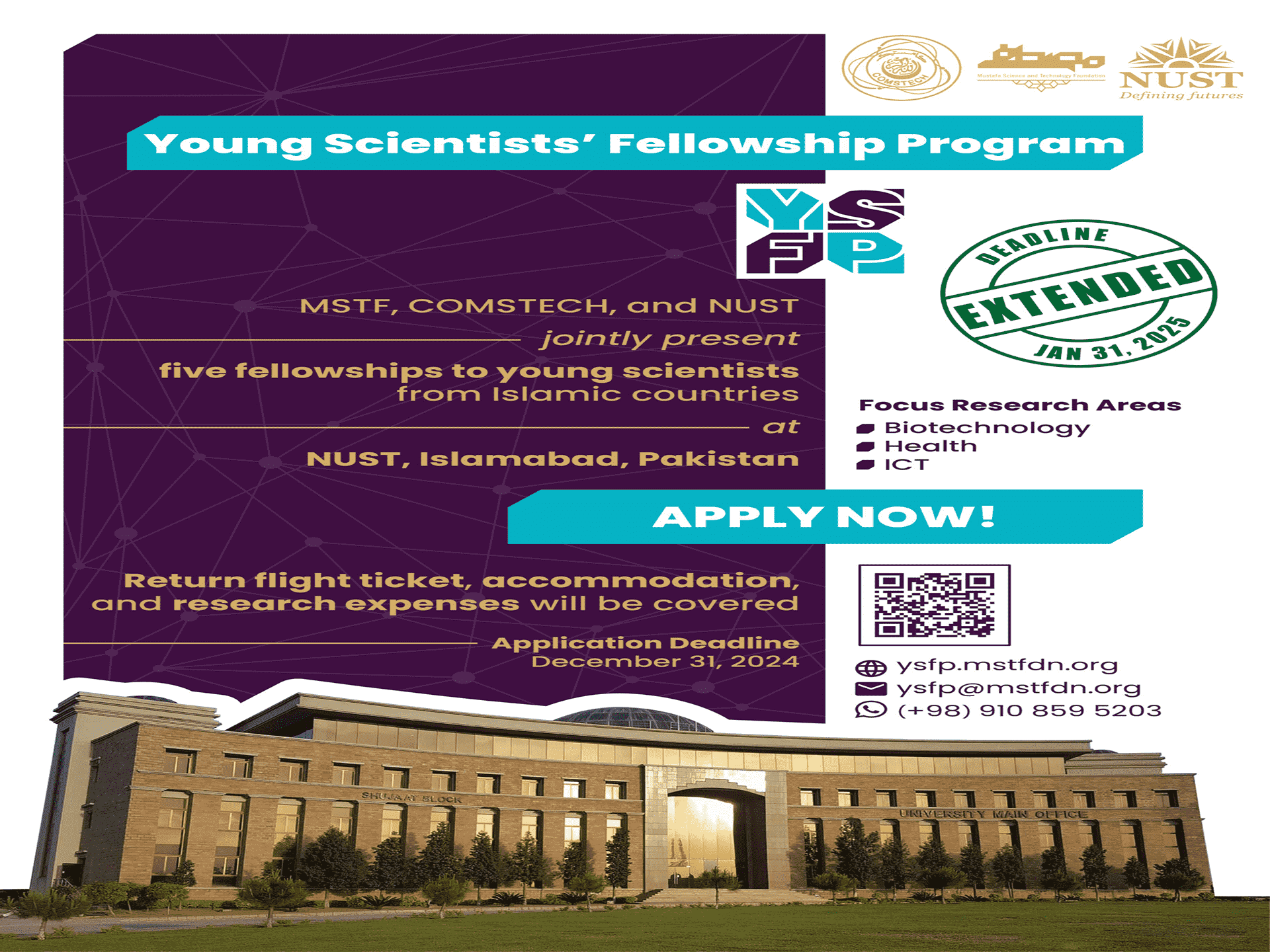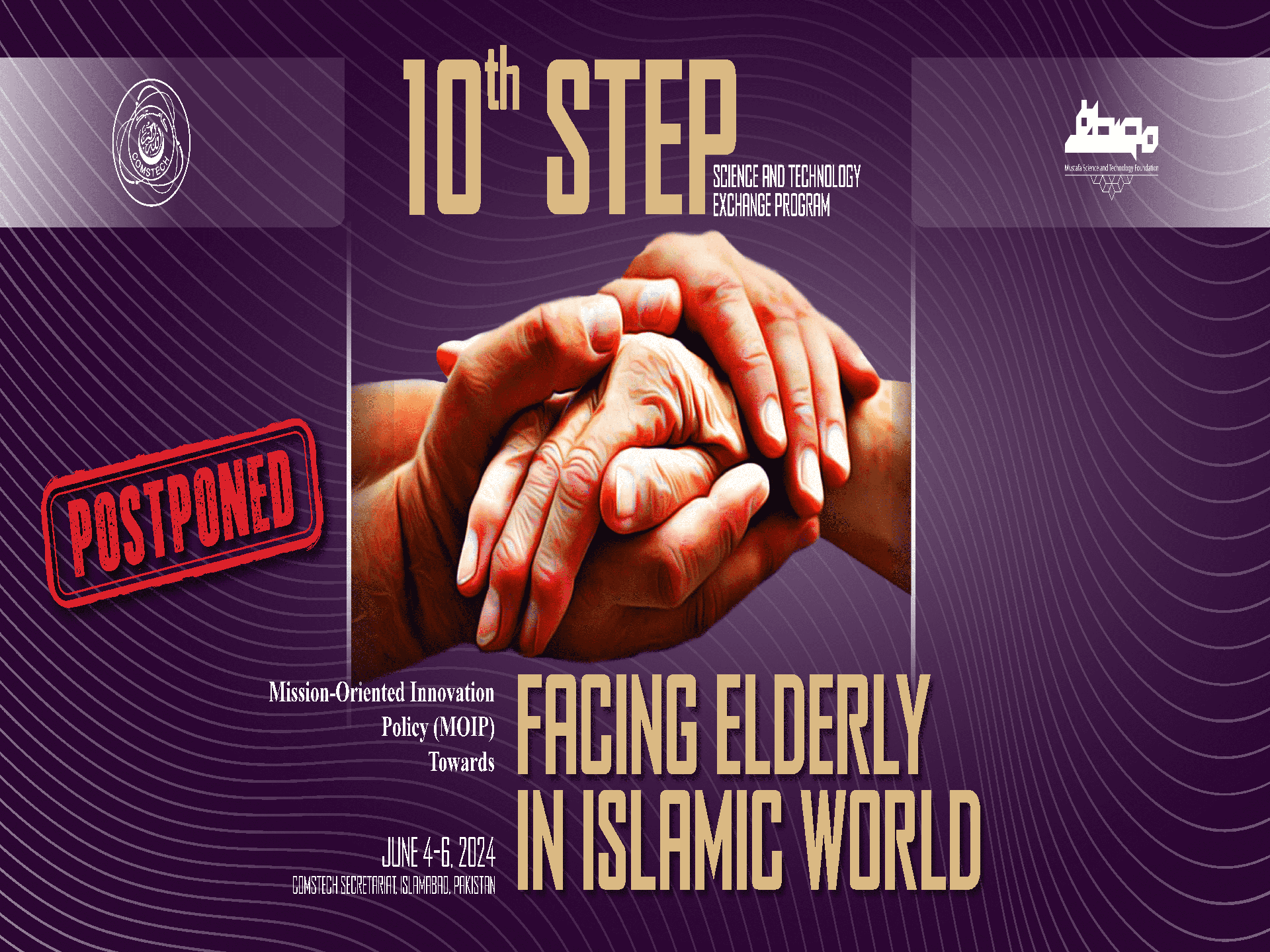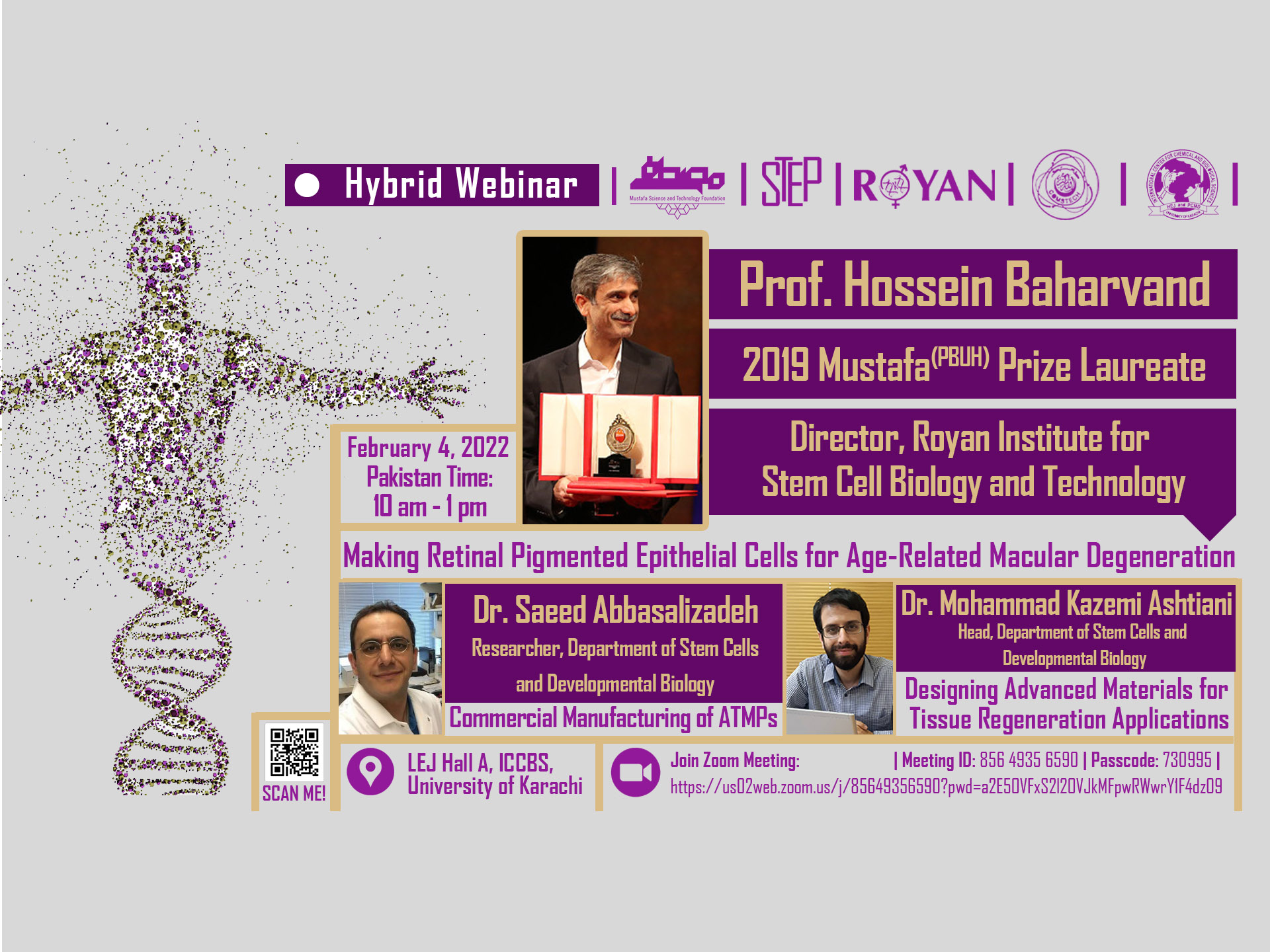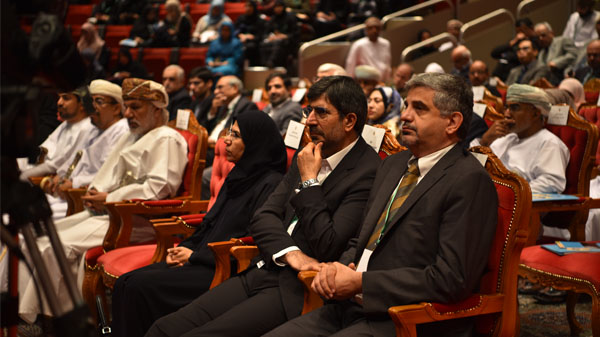TOP STORIES

Public awareness; key element in motivating for healthy life
MSTF Media reports:
Khalid Yusoff, Vice Chancellor and President of UCSI University, gave speech on prioritization of approaches in meeting the challenges of NCDs. He noted that epidemic transition has moved from infectious diseases to CVDs, RTA to cancers.
Therefore, he suggested a platform for research collaboration and find solutions to the relentless threat of NCDs, as his country, Malaysia is prepared to coordinate the consortium. “Much need to be learnt and much need to be done,” he added.
Mohammad Wassay, President of Pakistan International Neuroscience Society, presented his speech on health in his country, Pakistan, and noted that anemia, protein malnutrition, vitamin deficiencies, obesity and unhealthy foods as main nutrition challenges.
He pointed out the cured diseases which still exist in Pakistan, like polio, tetanus, rabies. He finally suggested synergy of systems, financing and public awareness as solutions for the development of the current health status of Pakistan.
As the next speaker, Unab Khan, principal investigator for an NIH, presented her speech on adolescent obesity. According to her research, if children start their life with obesity, there is more probability that they continue living the same. So healthy dietary should start from early life.
She continued that obesity can play critical role in genetics, environment and behavior, therefore, culturally adapted programs are required.
Naim Akhtar Khan, Director of INSERM U1231, Laboratore de Physiologie de la Nutrition & Toxicologie, presented his topic on “Obesity Kills 3 Times More than Famine in the World”. This is while, 600 million of people are clinically obese.
Meanwhile, Egypt, Bahrain, Jordan, Kuwait, Saudi Arabia and United Arab Emirates have the highest level of overweight and obesity influenced by epigenetic factors and pathologies.
Textural perception and life habits are suggested as playing important roles. “Decrease in dietary lipid intake is a challenge for our societies.
There are receptors of fat in the human body and Naim Khan suggested false lipids as fat-taste analogues to take the place of the previous unhealthy foods. Moreover, he called on newer strategies as well as having balanced diet.
Finally, public awareness and communicating information was highlighted to be necessary against food industry which promotes to people. Moreover, the supporting people in the change of life habits is another point pointed out.
The 5th round of Science and Technology Exchange Program (STEP) in Islamic countries is being held at the Panjwani Center for Molecular Medicine and Drug Research and International Center for Chemical and Biological Sciences (ICCBS) located at the University of Karachi from 27th of February to 2nd of March, 2019 with the focus on female scientists’ contributions.
This is while, the international attendees take part at the programs for exposure of industries to scientists’ achievements (EISA), networking, scientific tour and sightseeing parallel to the STEP5.







